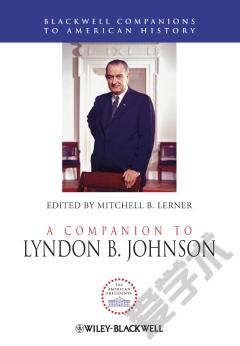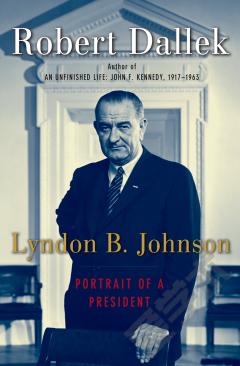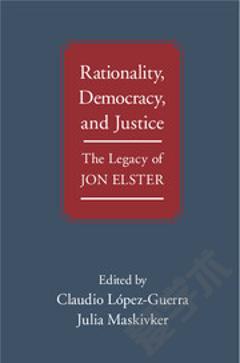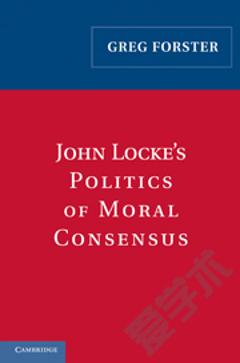Lyndon B. Johnson: Pursuit of Populism, Paradox of Power
Over the decades, histories of Lyndon Johnson have continued to evolve. There remain many debated questions even more than 40 years after his death. The 37th president is, even today—and more so than others who have attained the nation’s highest elected office—such a larger than life figure that no single biographical work fully captures or contains him. Johnson dominated government and American public life for a relatively brief time, only a half-decade. Yet, his personality and his policies have resonated for far longer. While topics such as the Great Society and Vietnam continue to capture the attention of many scholars, later rounds of revisionism also brought into focus other aspects of the Johnson presidency. Historians and thinkers continue to wrestle with questions as relevant to today as they were during the Johnson administration. These include debates over the proper role of government in its citizens’ lives, the conduct of elected officials and the “credibility gap” during wartime, the extent to which the federal government is capable of transforming society, and the limits of social welfare policies. He continues to be ranked very high on domestic policy, even while he is criticized for escalating American involvement in the Vietnam War. His stock has been much slower to rise than other presidents following their deaths, perhaps because many of the controversial issues of his presidency remain controversial and unresolved today. For that reason, his legacy remains unresolved, yet he continues to inspire and fascinate. For as long as additional records continue to be declassified and released at the Johnson Presidential Library on the campus of the University of Texas at Austin, new studies continue to be written, creating opportunities for fresh perspectives on both familiar and emerging discussions. His long rehabilitation continues.
{{comment.content}}








 京公网安备 11010802027623号
京公网安备 11010802027623号